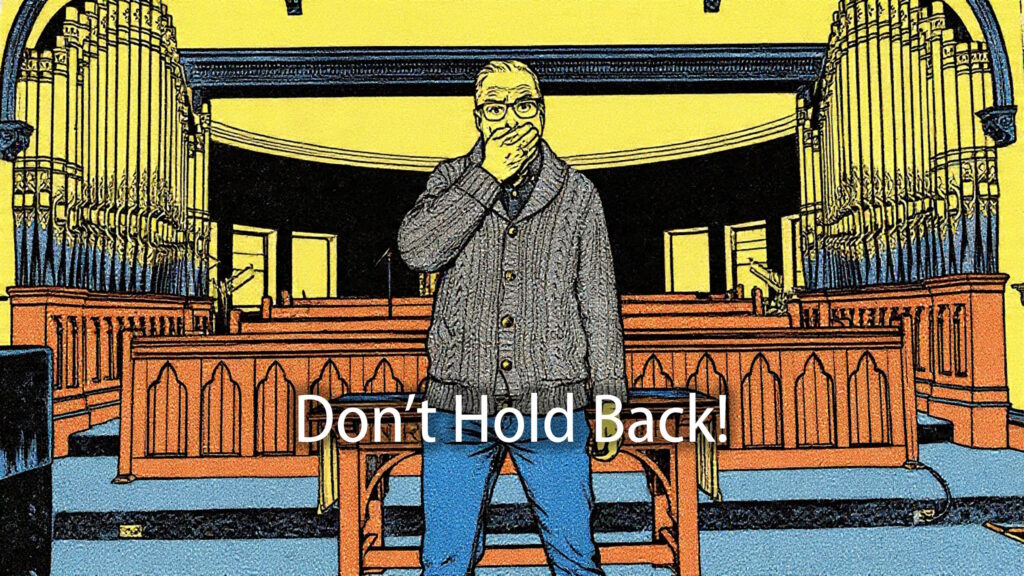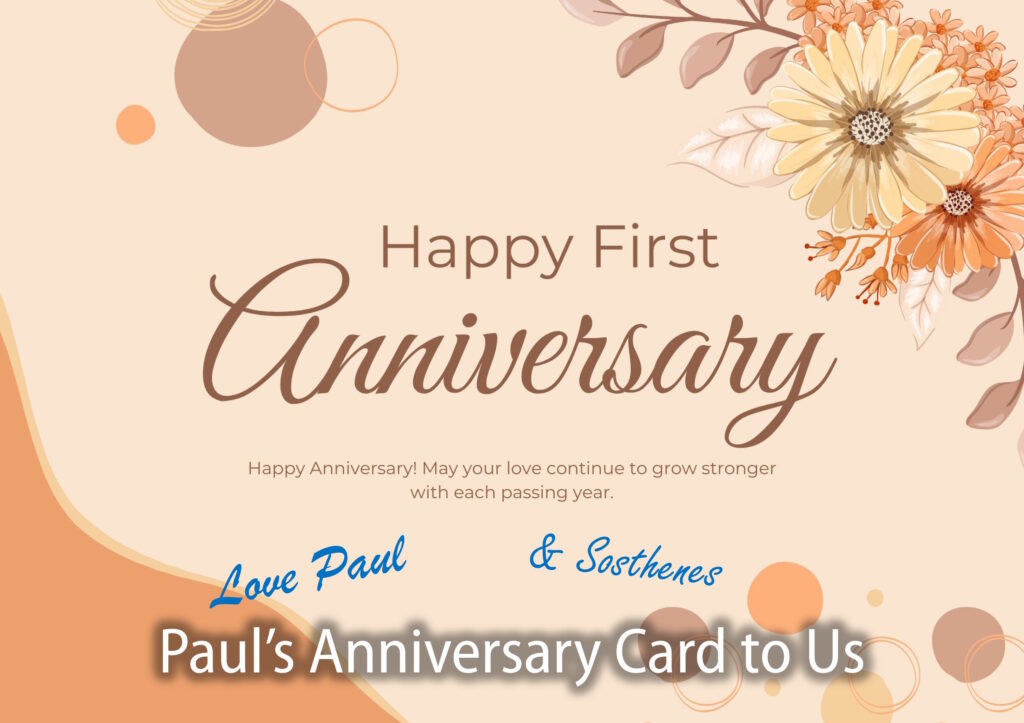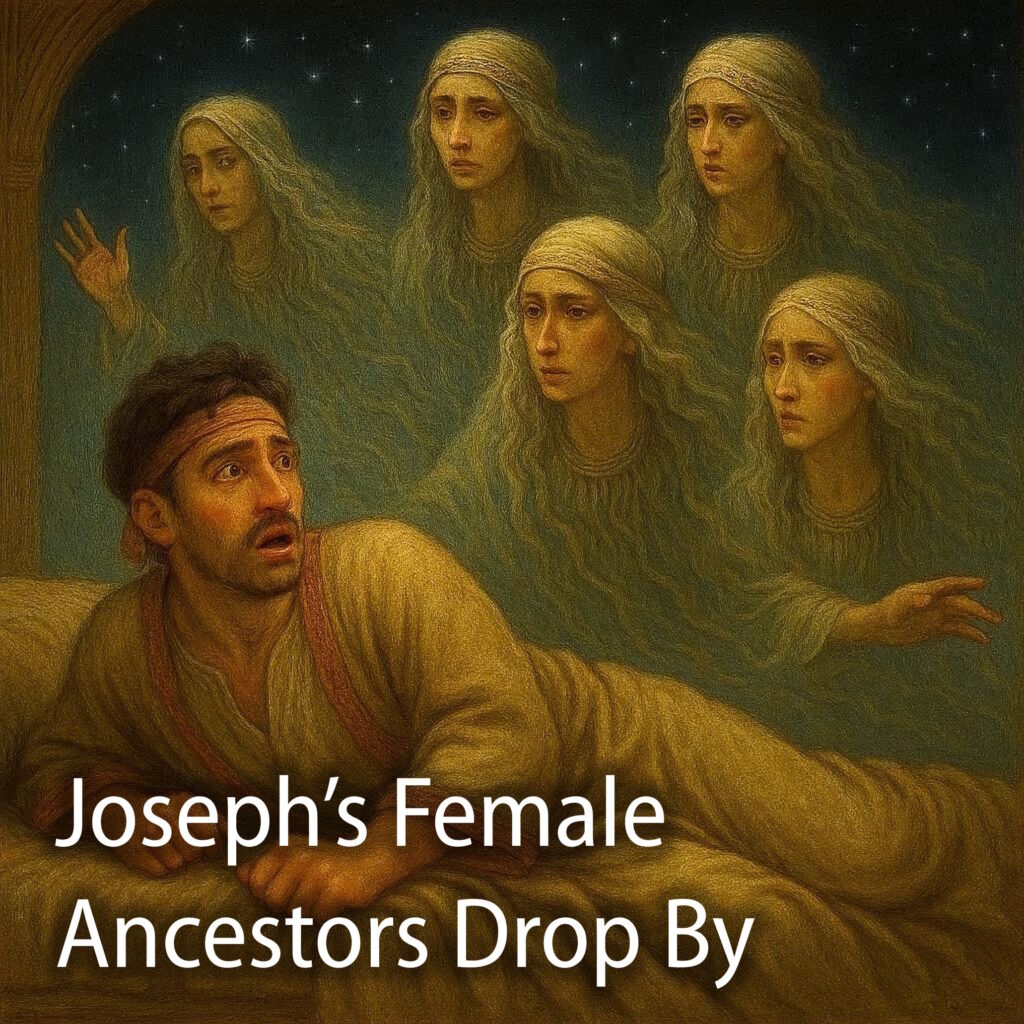Watch sermon video here:
Hespeler, February 8, 2026 © Scott McAndless – Fifth Sunday after the Epiphany
Isaiah 58:1-12, Psalm 112:1-10, 1 Corinthians 2:1-16, Matthew 5:13-20
Does this sound like a good idea to you? “Shout out; do not hold back! Lift up your voice like a trumpet!” That, according to our reading this morning from the Book of Isaiah, is what God said to the prophet. But it has never really seemed all that wise to me.
I am a human like everybody else. When I see what is going on in the world, I feel things, and I feel them deeply. I get angry when I see people gunned down in the streets for protesting in non-violent ways. I am upset to see even children rounded up treated like criminals for merely existing.
Economic Challenges
I am outraged to see families and seniors evicted from their homes because someone has calculated that getting them out means that they can charge more rent and boost their income. I am angry when I see large grocery chains manipulating the supply chain and collaborating to underpay their suppliers and overcharge their customers.
And I am certainly upset to hear stories about employers replacing their workers with artificial intelligence, especially when I see how it cuts off opportunities for young people to get their lives going. I am upset at the international tensions that are being raised to the boiling point, especially when it is caused by leaders who are acting like impulsive children.
I’d Better Hold Back!

I feel all of that and more. But, like a good and responsible preacher, when I approach the sermon-writing task and prepare to step into the pulpit, what do I say to myself? “Now hold on a minute there, Scott. You’ve got to hold back. You can’t just go in there and start shouting out all that stuff.
“What if there are people in the congregation who don’t see those things quite like you do? What is more, you surely don’t understand all the complexities of these difficult issues? What if you are wrong, or someone out there might be offended by your opinion? You can’t go in there and start sounding off like a trumpet!”
Wisdom
And you know what? There is a lot of wisdom in the inner voice that says all of that. The trumpet blast will turn some people off. And so, it is just a whole lot easier to just go in and say, “Let us pray and pray earnestly for those who are oppressed,” while never naming the oppressors. “Let us pray for those who can’t pay their bills,” but let’s not mention those who are making massive profits on their backs. “Let’s pray for the peacemakers,” but we had better not name those who are getting rich selling the weapons.
It is just safe and wise to hold back. And if we can just channel all the things that I am feeling and that other people are feeling into private devotion – if I can just tell us all to concentrate on personal, spiritual well-being and pretend that that alone can heal the world, well, then we can feel as if we have done something without making any waves.
God’s Message to the Prophet
So, as I prepare a sermon for this Sunday, I take the prudent course of telling myself to just hold back. And then I open up the Book of Isaiah, and what do I read? “Shout out; do not hold back! Lift up your voice like a trumpet!”
God said that to a prophet who was looking at a very similar situation. I won’t go into all the details about the historical circumstances around the time of this prophecy. I’ll just say that the scholars do have a pretty good idea of what was going on in Judah at the time. They were facing many of the same problems that we are.
Crops had failed, and food inflation was out of control. There was a lack of housing. A debt crisis had pushed multitudes into slavery. And, yes, there were even some hostile neighbours to the south who were making it impossible for them to trade.
So, I can’t help but feel as if the prophet was having many of the same feelings that I have been having when the message from God came: “Shout out; do not hold back! Lift up your voice like a trumpet! Announce to my people their rebellion, to the house of Jacob their sins.”
Prophet Unleashed
That is a dangerous thing to say to someone who has strong feelings about what is going on. God is unleashing the prophet here, letting him know that all his own thoughts and feelings about what’s going on are valid. In other words, God doesn’t need to give him the rest of the script for this prophecy. All he has to do is let out what he already knows.
He notes that the people are complaining to God. “Why do we fast, but you do not see? Why humble ourselves, but you do not notice?” They have been taking the “hold back” approach. Rather than talk frankly about all the problems they have been facing, they have been turning to spiritual practices.
Thoughts and Prayer
Fasting is one of the oldest spiritual practices. You go without food for a certain amount of time as a way of showing your God that you are spiritually devoted. Fasting is usually accompanied by prayer, asking God to do something about what’s wrong with the world.
But the prophet announces that God is mad with them for their devotion. That is why God won’t answer their prayers. Now, what does that mean? Does that mean that God doesn’t want our prayers and worship? That God hates our spiritual devotion? No.
It is a bit like what has happened with the whole “thoughts and prayers” meme in our society. As you may have noticed, many people have grown increasingly angry with politicians, celebrities and other leaders who offer their “thoughts and prayers” in the aftermath of some tragedy.
What’s Wrong with Prayer?
Why do people criticize that? It is a good thing to keep victims in mind and pray for those who are suffering. It is just that people have noticed that saying such things has become a substitute for having difficult discussions about policies and procedures that may contribute to the tragedies. It is a way of holding back from challenging those who are contributing to our problems, or doing anything that might make a difference.
People have begun to see through that. That is why they react negatively to any leader who says anything about “thoughts and prayers.” Well, it seems as if God and God’s prophet are having the same reaction to the prayers of the people of Judah. They are losing patience because people are substituting prayer and fasting for doing anything about the causes of the problems they are dealing with.
Prayer as a Substitute
There is a place for praying when things go wrong in this world. It is a way of reaching out and supporting people when they are struggling and there is nothing that we can do to help them. It can also be therapeutic. When we are feeling overburdened by all the problems we see around us, prayer can be a way of asking God to meet us so that we don’t have to carry those burdens alone.
But when such prayer becomes a substitute for action that is within our ability, I do believe that God loses patience with us. When you pray for a family that is struggling, and you could offer them support, but you don’t, why would God hear your prayers? When you pray for the hungry while sitting on a surplus of food, don’t you think God might find that a bit annoying?
And the same would apply when we pray for a social or economic situation that is hurting people, but that our actions are supporting or that our silence is enabling.
Using Devotion as an Excuse
And so, the prophet, acting under God’s direct inspiration, is unleashed. And he stands up to challenge the people about how they are living.
“Look, you serve your own interest on your fast day and oppress all your workers… Such fasting as you do today will not make your voice heard on high.” He is definitely not holding back here, is he?
Here, he is not just accusing them of substituting prayer and fasting for actually doing anything. He is saying that they are using their spiritual devotion as an excuse for abusing others. We don’t really know how they are doing this, but I imagine them making their workers feel guilty for demanding things like fair wages and reasonable workloads. They are telling their workers that, because they are doing the important work of fasting and interceding for the nation, their workers are just going to have to put up with long hours and no pay to cover for them.
It makes me wonder what prophets might say to the modern church if they weren’t holding back. Would they criticize the church for all the energy we put into maintaining our own privileges and existence while failing to speak up against the injustice that unfolds around us?
A Call and a Promise
The prophet goes on. “Is not this the fast that I choose: to loose the bonds of injustice, to undo the straps of the yoke, to let the oppressed go free, and to break every yoke? Is it not to share your bread with the hungry and bring the homeless poor into your house; when you see the naked, to cover them and not to hide yourself from your own kin?”
But most of all, the prophet promises that, if they make this shift from devotion to action, God will respond. “Then your light shall break forth like the dawn, and your healing shall spring up quickly; your vindicator shall go before you; the glory of the Lord shall be your rear guard. Then you shall call, and the Lord will answer; you shall cry for help, and he will say, ‘Here I am.’”
Will God Just Fix Things?
Now, I think it is important to understand what is being promised here. Is the prophet saying that God hasn’t been answering their prayer because of some of these bad things that they are doing? Is God promising that, if they just make some changes, God will start to listen and fix everything?
No, it is not as simple as that. The prophet is saying that all they are doing is actually creating the crises that they are praying for God to stop.
Their mistreatment of their workers – the very people who harvest their crops – is driving the food shortages that are causing the inflation. Why would the workers produce more food, after all, when they see that it does not keep their children from starving?
Driving the Problems
Their greed is driving the housing crisis by demanding such high returns from their real estate investments that no one can pay the rent. It is also forcing ever more people into slavery to the point that there are no free men left who can serve in the army and defend the nation. It is no wonder, therefore, that the foreign enemies that surround them are taking advantage.
In other words, God is saying that they are actively causing the problems that they are asking God to solve! Is it any wonder that God has lost patience with their prayer and fasting?
But how many people did the prophet offend by saying such things? How much wiser would he have been to just hold back? How much easier to encourage the people to concentrate on spiritual devotion instead? So surely, I am extremely wise to keep on reminding myself to just hold back every time I start working on my sermons.
But I am warning you. God has not stopped speaking to God’s people. And to those whom God has called to warn them, the first message will continue to be, “Shout out; do not hold back! Lift up your voice like a trumpet! Announce to my people their rebellion, to the house of Jacob their sins.”
God will call me and others to use our minds and intellects to look at the world that surrounds us. God will teach us to not hold back when we see that our actions are actively contributing to the problems that we are asking God to solve.








